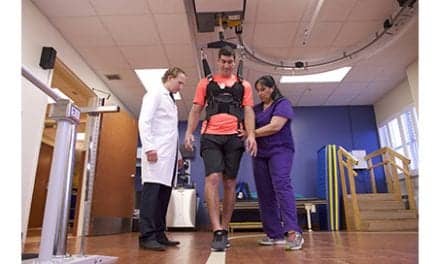Last Updated: 2007-11-05 11:36:10 -0400 (Reuters Health)
LONDON/NEW YORK (Reuters) – Heart-failure patients given Crestor (rosuvastatin; AstraZeneca) and standard drugs are just as likely to have an MI or stroke, or die of cardiovascular causes, as those on standard therapy alone, researchers said on Monday.
Results of a 5,000-patient study showed Crestor was no better than placebo, although it did cut levels of LDL cholesterol and C-reactive protein and reduced hospitalisations for cardiovascular causes.
Why those benefits did not translate into lower rates of MI and death was not clear, Dr. John Kjekshus of the University and Oslo and colleagues told the annual meeting of the American Heart Association in Orlando.
AstraZeneca said it was possible the study failed to show statistical significance because the main cause of death was not acute coronary ischaemia, where statins have been shown to help, but rather irreparable myocardial damage.
Dr. Frederick Masoudi of the Denver Health Medical Center, Colorado, said in an online commentary in the New England Journal of Medicine that several uncertainties meant doctors should not change medical practice for now.
"Although the results suggest there was no benefit on the primary outcome… the study ends up raising almost more questions than it answers," he said in a telephone interview.
"One should not rush to take (heart failure) patients like these off statins," he added.
In the so-called CORONA study, all patients were given a number of drugs considered optimal therapy for heart failure — including diuretics, beta-blockers and antihypertensives. In addition, some were also given Crestor 10 mg daily.
After 33 months of treatment, 692 patients in the Crestor group had MIs, strokes or died of cardiovascular complications, against 732 of those on standard therapy alone. The difference was not statistically significant.
At the AHA meeting in Orlando, co-investigator Dr. Ake Hjalmarson gave his thinking on why the CORONA trial results were negative. "The deaths in this older, otherwise well-treated group with advanced systolic heart failure suggest that the cardiovascular-related death may be a primary electrical event, related to ventricular dilation and scarring, and not to an atherosclerosis event," Dr. Hjalmarson noted. "That may explain why statins had no effect on cardiovascular mortality."




